West Africa, with its rich musical heritage, has been a hotspot for the global music scene for decades. Two of its most prominent players in the industry are Ghana and Nigeria. While they share geographical proximity, the music industries in these two countries have evolved uniquely, each with its own distinctive characteristics, artists, and sounds. In this article, we’ll explore the dynamic landscapes of the Ghanaian and Nigerian music industries, highlighting both the disparities and connections that make them stand out on the global stage.
Historical Context Of the Ghanaian and Nigerian Music Industries
To understand the contemporary Ghanaian and Nigerian music industries, it’s essential to delve into their historical backgrounds. Music has always been an integral part of West African culture, with traditional rhythms and melodies passed down through generations. The influence of African rhythms on genres like Afrobeat and Highlife is undeniable, and these genres have played a significant role in shaping the modern music landscapes of both countries.
Ghanaian Music Industry
Ghana’s music industry has been defined by its diverse range of genres, with Highlife, Hiplife, Gospel, and Azonto being some of the most prominent. Highlife, characterized by its jazzy horns and vibrant rhythms, is often considered Ghana’s original popular music genre. It laid the foundation for other genres to emerge, blending traditional and modern elements.
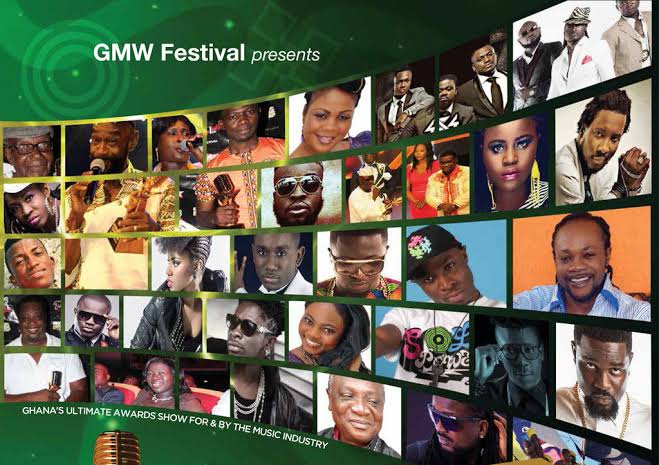
1. Highlife and Its Legacy: Highlife, often referred to as Ghana’s original popular music genre, has a rich history dating back to the early 20th century. Pioneered by artists like E.T. Mensah and Osibisa, Highlife is characterized by its infectious melodies, jazz-inspired horns, and socially relevant lyrics. Today, contemporary artists like Kwabena Kwabena and Bisa Kdei continue to pay homage to this iconic genre.
2. Hiplife and Azonto: Ghanaian music has seen a fusion of traditional and modern sounds in the form of Hiplife and Azonto. Hiplife blends Highlife with hip-hop and rap, addressing social and political issues. Azonto, on the other hand, is a dance-driven genre that gained immense popularity globally, with songs like “Azonto” by Fuse ODG and “Antenna” by Wande Coal.
3. Gospel Music: Ghana has a thriving gospel music scene with renowned artists like Joe Mettle and Diana Hamilton. Gospel music plays a significant role in the lives of Ghanaians, serving both spiritual and entertainment purposes. It often incorporates local rhythms and languages, making it deeply rooted in the country’s culture.
4. Global Collaborations: Ghanaian artists have increasingly collaborated with international stars, expanding their reach. Notable examples include Stonebwoy’s collaboration with American artist Beenie Man and Shatta Wale’s collaboration with Beyoncé on “Already.” These partnerships have propelled Ghanaian music to global recognition.
Notable Ghanaian artists like Osibisa, Amakye Dede, and Sarkodie have achieved international acclaim. Sarkodie, in particular, has become a household name across Africa with his rap prowess and catchy tunes. The Ghanaian music industry’s global influence has been growing steadily, attracting collaborations with artists from around the world.
Nigerian Music Industry
Nigeria, often referred to as the “Giant of Africa,” boasts one of the most influential music industries on the continent. Afrobeats, a genre characterized by its fusion of African rhythms, hip-hop, and pop, has taken the world by storm, largely thanks to Nigerian artists. Pioneers like Fela Kuti laid the groundwork for Afrobeats, and contemporary stars like Wizkid, Burna Boy, and Davido have propelled it to international stardom.
Nigeria’s music industry has a remarkable capacity for innovation and experimentation, which has allowed it to continually reinvent itself. Collaborations with international artists like Beyoncé and Drake have helped Nigerian musicians gain global recognition, solidifying Nigeria’s position as a major player in the music world.
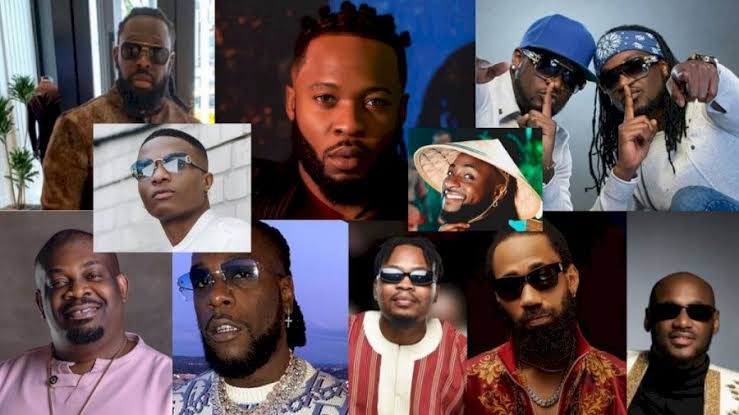
1. Afrobeats Domination: Afrobeats, a genre that blends traditional African rhythms with contemporary sounds, has been a driving force in the Nigerian music industry. Pioneered by Fela Kuti and later championed by artists like Burna Boy, Wizkid, and Tiwa Savage, Afrobeats has taken the world by storm, infiltrating charts and playlists globally.
2. Nollywood and Music Integration: Nigeria’s music industry has benefited from its close ties with the film industry, Nollywood. Soundtracks and music videos often feature Nigerian musicians, creating synergies between music and film. This integration has helped Nigerian artists gain visibility not only through audio but also visual mediums.
3. Diverse Styles and Languages: Nigeria’s vast cultural diversity is reflected in its music. Different regions of the country produce distinct sounds, from the Yoruba-influenced rhythms of Lagos to the Igbo highlife sounds of the East. Additionally, Nigerian artists sing in various languages, including Yoruba, Igbo, and Pidgin English, appealing to a broad domestic and international audience.
4. Global Recognition and Awards: Nigerian artists have consistently received accolades and awards on the international stage. Burna Boy’s Grammy win in 2020 for his album “African Giant” was a milestone moment, solidifying Nigeria’s position as a global music powerhouse.
The Role of Language in the Ghanaian and Nigerian Music Industries
Language plays a crucial role in distinguishing Ghanaian and Nigerian music. While English is the official language in both countries, Ghanaian artists often incorporate local dialects like Twi, Ga, and Ewe into their music. This linguistic diversity adds a unique flavor to Ghanaian songs, making them resonate with both local and international audiences.
In contrast, Nigerian artists primarily use English and Pidgin English in their music, which facilitates a broader global appeal. This linguistic choice has contributed to the widespread popularity of Nigerian music, as listeners worldwide can easily connect with the lyrics and melodies.
Music Festivals and Events
Both Ghana and Nigeria host numerous music festivals and events that showcase their talent and bring music enthusiasts together. Ghana’s “Ghana Music Awards” and Nigeria’s “Headies” are among the most prestigious music awards ceremonies in West Africa. These events celebrate artists’ achievements, honor excellence in the industry, and provide a platform for emerging talents to shine.
Additionally, music festivals like Ghana’s “Chale Wote Street Art Festival” and Nigeria’s “Felabration” draw thousands of music lovers from around the world. These festivals celebrate the cultural and artistic vibrancy of the respective countries, further solidifying their positions on the global music stage.
Challenges and Opportunities the Ghanaian and Nigerian Music Industries
Despite their successes, both the Ghanaian and Nigerian music industries face unique challenges. In Ghana, issues like copyright infringement and piracy have hindered artists’ income streams. The Nigerian industry grapples with similar issues while also contending with infrastructure and funding gaps. However, these challenges have not deterred artists from pushing boundaries and breaking new ground.
One significant opportunity for both industries lies in the digital era. Streaming platforms like Spotify and Apple Music have opened up new revenue streams for artists, allowing them to reach a global audience without relying solely on traditional record labels. This democratization of music distribution has empowered emerging talents and fostered innovation in sound and style.
Cultural Significance of the Ghanaian and Nigerian Music Industries
1. Ghanaian Music and Identity: Music is deeply ingrained in Ghanaian culture and identity. Traditional rhythms and instruments, such as the talking drum and xylophone, continue to influence contemporary music. The music often serves as a means of storytelling, preserving cultural narratives and traditions.
2. Nigerian Music and Pan-Africanism: Nigerian music carries a strong sense of pan-Africanism, emphasizing unity and cultural pride. Artists like Fela Kuti used their music as a platform to address societal issues and advocate for social justice, inspiring a new generation of Nigerian musicians to do the same.
Distinct yet Interconnected
The Ghanaian and Nigerian music industries are distinct yet interconnected parts of the vibrant West African musical tapestry. Ghana’s musical heritage is marked by its diverse range of genres and linguistic richness, while Nigeria’s innovation and global appeal have made it a musical powerhouse. Together, they represent the multifaceted nature of African music, celebrating tradition, culture, and contemporary influences on the global stage. As these industries continue to evolve and overcome challenges, they contribute not only to the rich tapestry of African music but also to the global music scene, transcending borders and boundaries.
These two industries, though distinct in their approaches, share a common heritage deeply rooted in West African culture. While Ghana’s music scene is characterized by its rich traditional influences and linguistic diversity, Nigeria’s music industry has embraced a more globalized sound, propelled by its linguistic accessibility and innovative spirit. Together, these countries have made West Africa a powerhouse of music that resonates with audiences around the world. As they continue to evolve and overcome challenges, one thing is clear: the beats of Ghana and Nigeria will continue to reverberate globally, shaping the future of African music for generations to come.
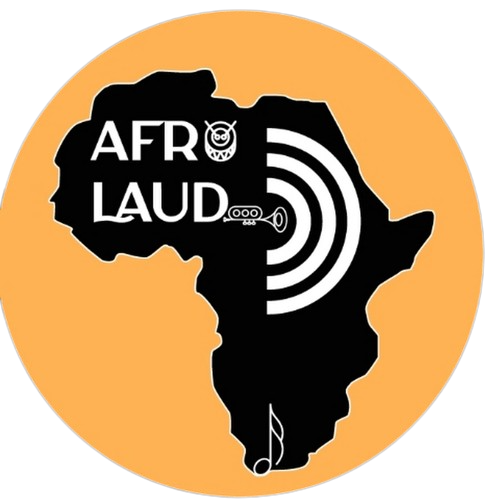

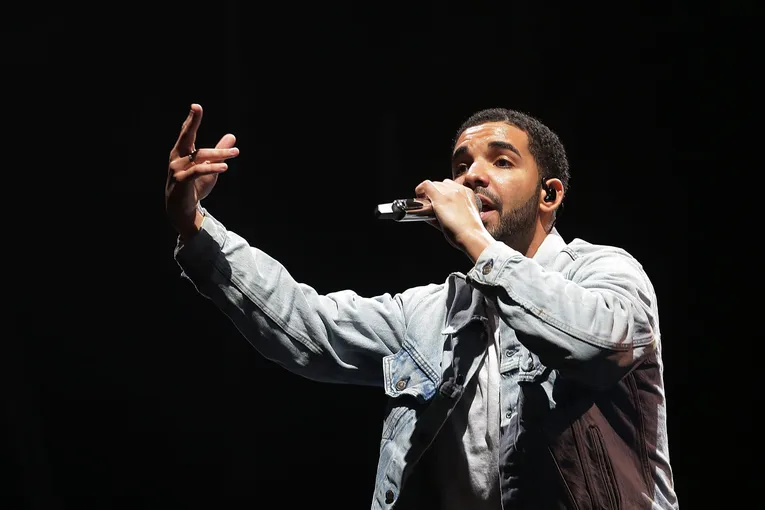
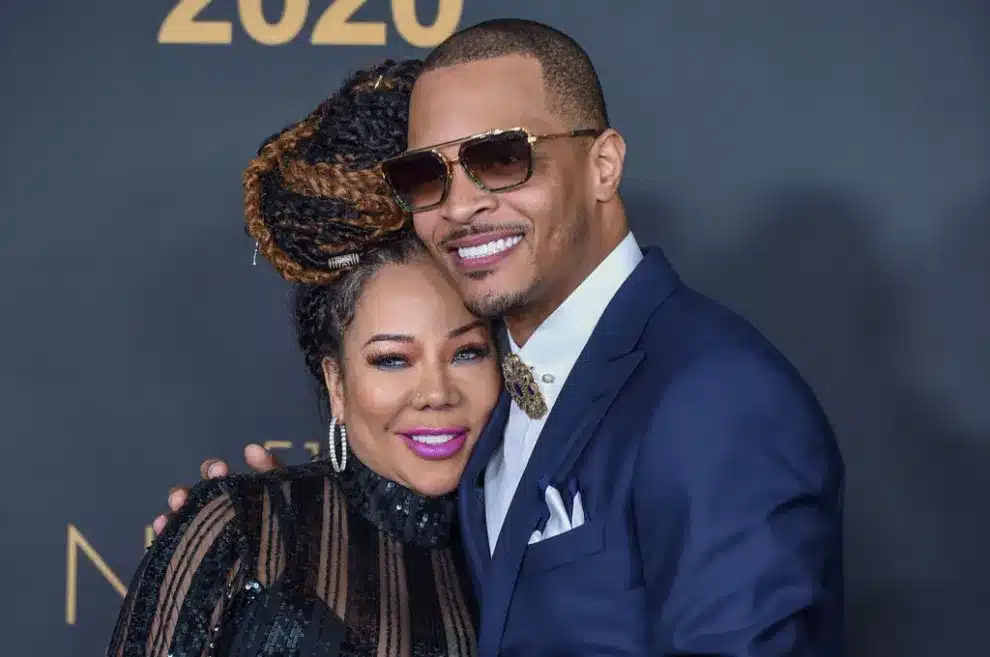
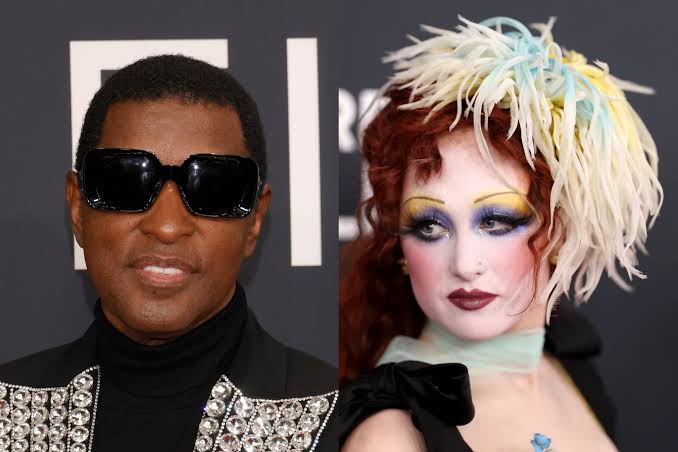
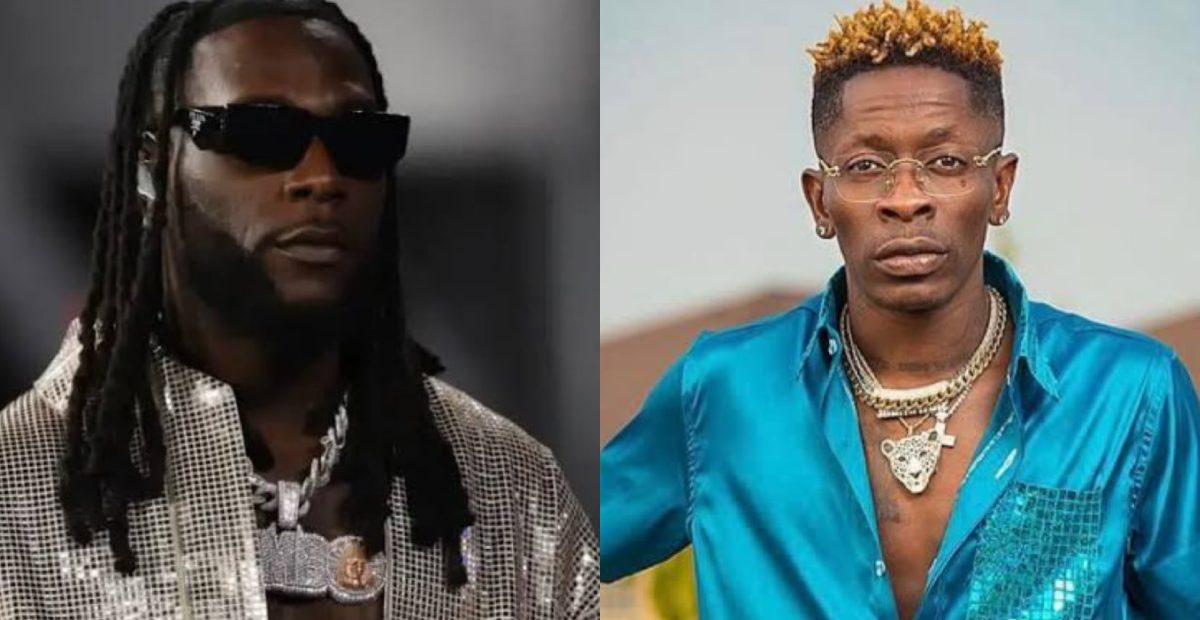
Recent Comments